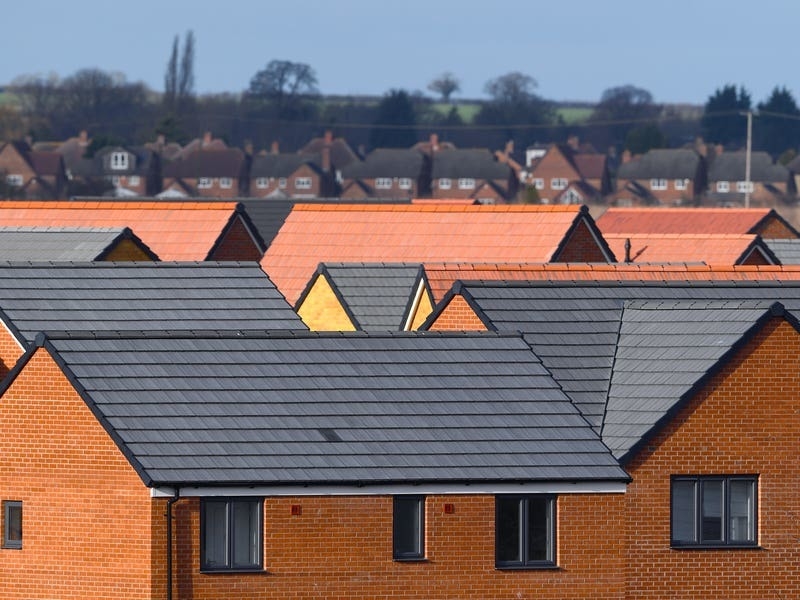A week’s worth of rain which fell in a matter of hours during a thunderstorm early on Monday caused the Dicq pumping station in St Saviour to ‘spill’, leaving the beach at Havre des Pas strewn with waste, including sanitary products, this week.
Swimmers were advised not to enter the water in the area yesterday and lifeguards closed the saltwater pool after high levels of E.coli and enterococci were found in water samples. E.coli can cause extreme vomiting and diarrhoea and can prove fatal, particularly for the elderly or sick.
And with climate change expected to bring more extreme weather – including thunderstorms and heavy rain – it is likely that sewage spills could happen more often in the future. The pool was also closed in June after a similar incident.
Duncan Berry, assistant director of liquid waste for the Growth, Housing and Environment Department, said the Dicq station had been designed to ‘spill’ onto the beach, otherwise sewage could ‘back-up’ and flow back into people’s homes. The Dicq station deals with, on average, about 12,000 tonnes of waste-water a day.
Mr Berry said: ‘It deals with sewage and run-off water but because of the rainfall it was inundated with clear water and the pumps were going like crazy to get it to First Tower, but the maximum level was beaten and then it overflows and goes out to sea. We have an alarm system and we get an alert when that happens.
‘It would have been very dilute, but there was a top fatty layer that stuck around on the beach and in the water. We picked up some sanitary products from the beach too and that is why we always say they should not go down the toilet.
‘Climate change is something we are looking at as is the increasing population – they will all have an effect. Additionally, if it rains more we will have more surface water and if there are leaks in the system it gets in and causes more strain.’
Pumping stations at Beaumont and the Dicq move water from the west and east of the Island to a central station at First Tower. That station then moves waste-water up to Bellozanne, where it is treated and then sent out to sea through the outflow pipe.
Mr Berry said the Dicq deals with sewage from the east of the Island as well as a mixture of run-off water and sewage from town. The high quantity of rainwater on Monday morning, mixed with whatever sewage was in the system, caused the ‘spill’. At that time in the morning, the amount of sewage running through the system would have been minimal.
‘We could build some more storm storage, and part of the new sewage treatment works will have additional storm storage, but we cannot cater for every single event,’ Mr Berry explained.
‘The system is designed, in heavy rainfall, to overflow and everywhere does the same. It is common on the south west coast of England.’
The civil servant added that the cavern, a large chamber underneath Fort Regent, had no role to play in Monday morning’s spill. Mr Berry said the cavern would come into play when the First Tower pumping station could not deal with the amount of waste-water there. In Monday’s scenario, the overload was purely at the Dicq – too far down the chain to affect the cavern. The cavern also happens to be closed at the moment for refurbishment.
Similarly, proposed new storm storage system at the new sewage treatment works would only benefit the Island when there were issues that far along the chain.
Mr Berry added: ‘Our compliance team often looks into issues where people are illegally connecting their run-off water into the foul-water system. This can overload the system. You can imagine that in heavy rain a lot more water comes off the roof than goes down the toilet.’





